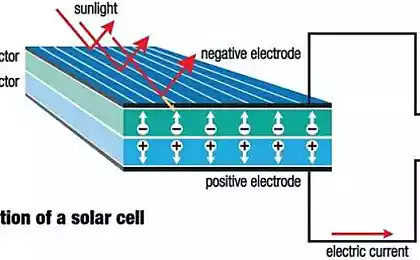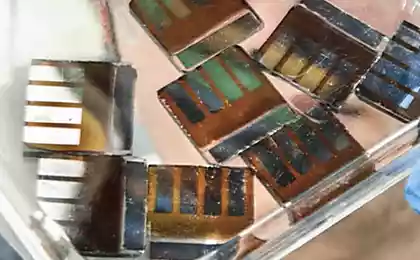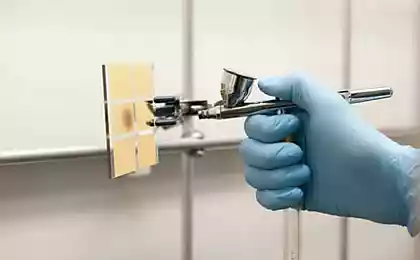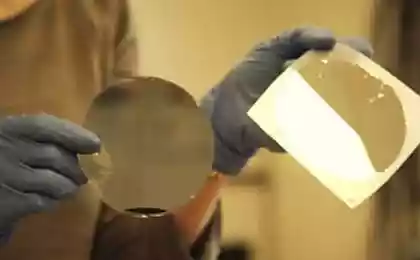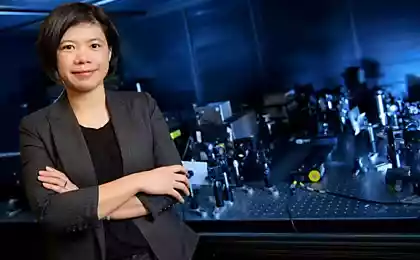464
Russian physicists have studied what you can replace lead in solar cells
Scientists from the SKOLKOVO Institute of science and technology, Institute of problems of chemical physics RAS, Moscow state University, investigated the replacement of toxic lead in solar cells to cations one-, two-, three -, and tetravalent metals and to see how this replacement affects the efficiency of the devices, reported the press service of Skoltech. The results of these studies also showed that the replacement reduces the efficiency of solar cells.
The results of our study show the fundamental possibility of the replacement of lead with other metals, it is therefore necessary to continue further work in this direction", — quotes the press-release words of Paul Troshin, one of the authors of the study.

Research on the use of solar cells based on perovskites, minerals first discovered in the Urals in 1839, actively carried out in recent years. The interest in perovskite solar elements linked to the achievement of conversion efficiency of light of more than 22%, which is comparable with the characteristics of best solar cells based on silicon. The composition of the perovskite solar batteries include lead — unstable and toxic metal, so scientists are looking for ways to replace its atoms on the other.
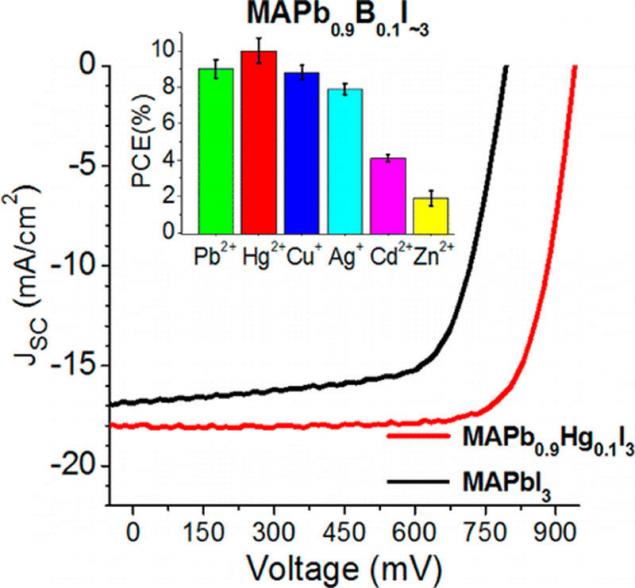
Scientists from Skoltech and Institute of problems of chemical physics Russian Academy of Sciences and Moscow state University have investigated the replacement of lead in perovskite batteries for the other metals. They showed that the replacement of lead on monovalent cations (e.g., copper or silver) does not affect the efficiency of solar cells. On the contrary, the introduction in the perovskite structure, the cations with a valence higher than two (bismuth (III), tin (IV), indium (III)) leads to a sharp decrease in the efficiency of converting light to virtually zero. text-align: justify;">According to Pavel Troshin, the only metal that the replacement improves the efficiency of batteries — even more toxic mercury. However, the results of the study show that lead can still be replaced, and we need to continue the study. published
P. S. And remember, only by changing their consumption — together we change the world! ©
Source: www.energy-fresh.ru/news/?id=13973
The results of our study show the fundamental possibility of the replacement of lead with other metals, it is therefore necessary to continue further work in this direction", — quotes the press-release words of Paul Troshin, one of the authors of the study.

Research on the use of solar cells based on perovskites, minerals first discovered in the Urals in 1839, actively carried out in recent years. The interest in perovskite solar elements linked to the achievement of conversion efficiency of light of more than 22%, which is comparable with the characteristics of best solar cells based on silicon. The composition of the perovskite solar batteries include lead — unstable and toxic metal, so scientists are looking for ways to replace its atoms on the other.

Scientists from Skoltech and Institute of problems of chemical physics Russian Academy of Sciences and Moscow state University have investigated the replacement of lead in perovskite batteries for the other metals. They showed that the replacement of lead on monovalent cations (e.g., copper or silver) does not affect the efficiency of solar cells. On the contrary, the introduction in the perovskite structure, the cations with a valence higher than two (bismuth (III), tin (IV), indium (III)) leads to a sharp decrease in the efficiency of converting light to virtually zero. text-align: justify;">According to Pavel Troshin, the only metal that the replacement improves the efficiency of batteries — even more toxic mercury. However, the results of the study show that lead can still be replaced, and we need to continue the study. published
P. S. And remember, only by changing their consumption — together we change the world! ©
Source: www.energy-fresh.ru/news/?id=13973
These 3 herbs will replace the whole kit
Nissan, Renault and Mitsubishi will release a "cheap" electric car


